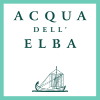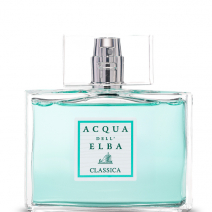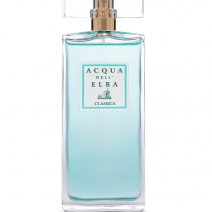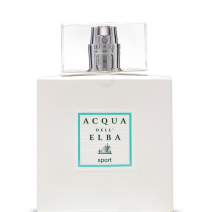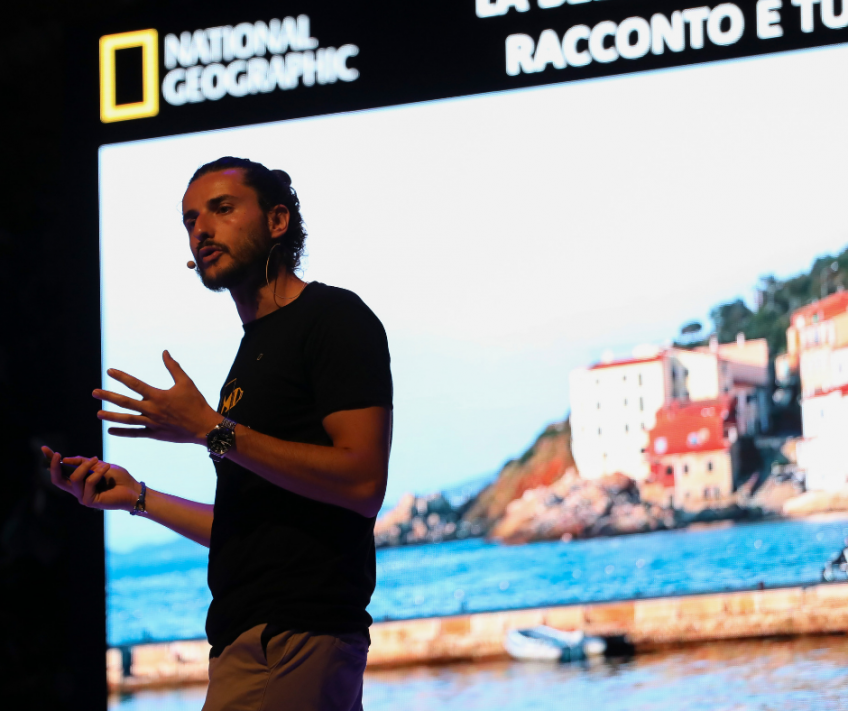
One week after SEIF – Sea Essence International Festival, here is our interview to the marine biologist and National Geographic Explorer who presented one of the evenings in Marciana Marina.
On Saturday the 29thof June, the town square of Marciana Marina was bustling with attentive and passionate people assisting to the second evening of SEIF – Sea Essence International Festival, titled: “The Beauty of the Sea: Narration and Conservation”. Leading the event was Giovanni Chimienti, marine biologist of the University of Bari as well as National Geographic Explorer, who started by talking about the beauty of the Mediterranean (the sea we think we know so well), ranging from its coastal habitats to the depths of its sea beds.
His journey started from Isola d’Elba, letting us discover, for example, that it is precisely in the deepest, darkest caves that life flourishes underwater: ‘In these environments’, Chimienti explained whilst commenting some photographs he snapped scuba diving in the sea of Elba, on the same day of the event , ‘because of the absence of light there are no algae, so living organisms do not need to compete with them for space and resources’. We thus had the occasion of admiring the underwater prairies of sea daisies, the red corals once used as amulets to protect children, the forests of gorgonians hosting entire colonies of marine organisms. Indeed, Giovanni Chimienti is truly a coral specialist, so much so that in his role as researcher for the University of Bari, his studies have a particular focus on the extremely rare black corals found on the sea beds of the Tremiti islands protected marine conservation area, for which he even received international accolades, though he is also a National Geographic Explorer.
In this capacity, he has visited 18 countries to study the marine habitats built by coral, authentic paradises of biodiversity, leading what is truly an explorer’s life: in an interview with the Italian website of National Geographic, Chimienti has explained that during these months, ‘the boat becomes the house, the office, the laboratory, the bathroom and the spa. Why do we, marine biologists, go through all these challenges? Because it’s a battle that we are fighting, against climate change, plastic pollution, illegal fishing practices.’
A decidedly fascinating experience, which led us to ask him the following questions.
HOW DOES ONE BECOME A NATIONAL GEOGRAPHIC EXPLORER?
Every year, the National Geographic Society finances study and research projects for aspiring Explorers. These are regularly published on the website www.nationalgeographic.org, along with all the practical information necessary. To be selected you only need to have a winning idea, a coherently developed project, and a well-structured application. The great virtue of the National Geographic Society precisely resides in giving young researchers hope, offering them a chance which is still quite hard to receive in other academic circles. Once the project is accepted and financed, you have become, for all intents and purposes, an Explorer who can start their adventure.
WHICH ARE THE SEAS YOU HOLD CLOSEST TO HEART?
Above all, the Mediterranean. It is not a coincidence that, event though I am always travelling around the world, in the end I always return here. For me the Mediterranean has unequalled appeal, although I also love many other places! Being a person who loves warm climates, for example, I can’t avoid mentioning the sea of Celebes, in Indonesia. I fell in love with this sea because of its incredible richness of life, shapes and colours, but it really touched my heart because of the multitude of threats hanging over its health. On some of the tiny, wild, uninhabited islands of Indonesia where I landed, expecting to feel like Darwin landing on the Galapagos, I actually found heaps of plastic and refuse of every type. It is exactly in these places, which nobody “cleans” because they are uninhabited, that one can best see the effects of what some call “civilisation”.
WHAT DOES THE SEA REPRESENT FOR YOU, ASIDE FROM YOUR WORKPLACE?
For me, the sea is fundamentally something unknown, mysterious and therefore extremely fascinating. I work there, I spend a lot of time there, sometimes it is even therapeutic for me, but actually it is not my environment. My family coming from hilly areas, I’m not exactly a natural born sea dog, and I don’t feel at home in the sea. Maybe that’s precisely the reason that every time I navigate or swim, I feel as a guest, and therefore I try to take care of the locations I visit, moving with maximum attention and respect.
SHOULD YOU DESCRIBE YOURSELF WITH JUST A FEW WORDS, HOW WOULD YOU DEFINE YOUR ESSENCE?
I am a curious person with strong dependence on wonder. I like to ask myself questions, find the answers, and feel wonder for what I see, find and understand. It’s a dependence I don’t want to give up, after all wonder is the pre-requisite for knowledge.
We thank Giovanni Chimienti for this interview and his contribution to SEIF: if you would like to see it in full, please visit the YouTube channel of the Festival.
